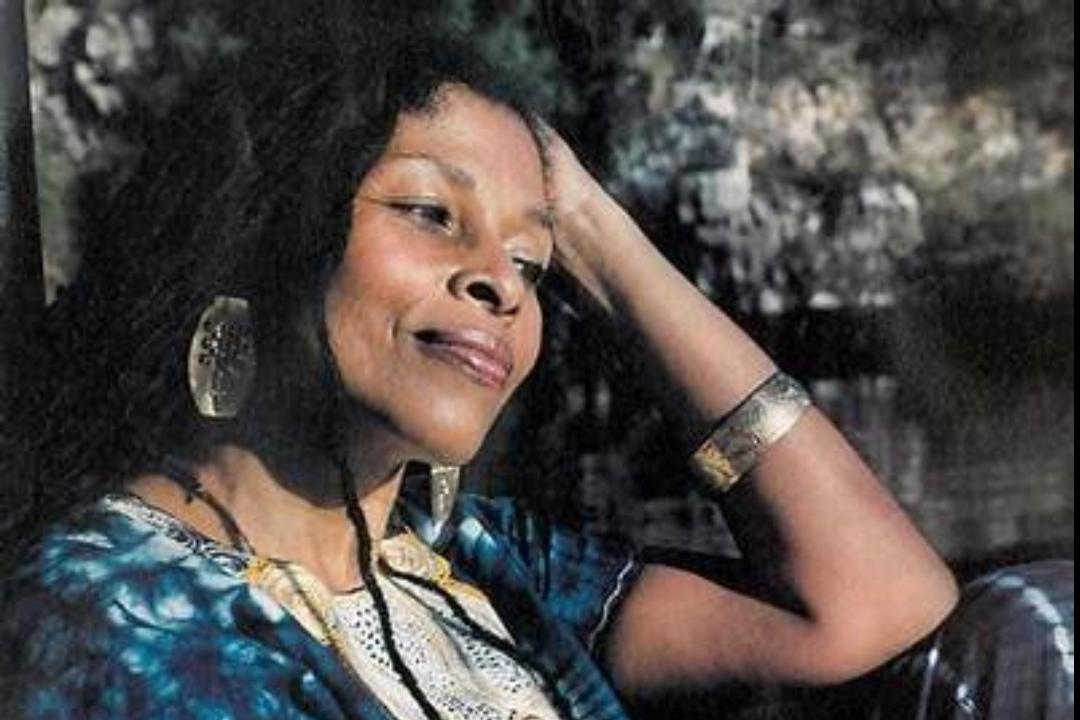HAVANA — Assata Shakur, the former Black Liberation Army member, author, and activist who spent more than four decades in exile in Cuba, has died at the age of 78. Cuba’s Ministry of Foreign Affairs confirmed her passing on September 25, citing health conditions related to her advanced age.
Born JoAnne Chesimard, Shakur emerged as a leading voice in the struggle against racial injustice during the late 1960s and 1970s. She was a member of both the Black Panther Party and later the Black Liberation Army, organizations that advocated radical approaches to combating systemic racism and state repression.
In 1977, Shakur was convicted in connection with the 1973 killing of New Jersey State Trooper Werner Foerster during a highway shootout — a charge she consistently denied. After escaping prison in 1979 with the aid of Black Liberation Army members, she secured political asylum in Cuba in 1984, where she lived in exile for the rest of her life. For decades, Shakur embodied contradiction — pursued by U.S. authorities and placed on the FBI’s Most Wanted Terrorists list, yet celebrated around the world as a powerful symbol of resistance and liberation.
Her daughter, Kakuya Shakur, announced her passing in a statement shared on Facebook.
“At approximately 1:15 PM on September 25th, my mother, Assata Shakur, took her last earthly breath. Words cannot describe the depth of loss that I am feeling at this time. I want to thank you for your loving prayers that continue to anchor me in the strength that I need in this moment. My spirit is overflowing in unison with all of you who are grieving with me at this time.”
Beyond her political activism, Shakur left behind a literary legacy. Her 1987 memoir, Assata: An Autobiography, written in Cuba, has become a seminal work for movements advocating racial justice, self-determination, and resistance. Her poetry and reflections continued to resonate with new generations, shaping the voices of artists, organizers, and visionaries worldwide.
Shakur’s influence extended deeply into culture. She was the step-aunt and grandmother of rapper Tupac Shakur, who paid tribute to her in his work, and she became an important figure for activists in the hip-hop community and during the rise of the Black Lives Matter movement.
Much like her life, Assata’s words carried an enduring message of both defiance and hope.
“Nobody in the world, nobody in history, has ever gotten their freedom by appealing to the moral sense of the people who were oppressing them.”
Rest free, Assata Shakur.





